Gaimon: Denying smaller teams might reduce crashes but it takes away opportunities
Opinion piece from Cannondale's former Continental rider
The latest race content, interviews, features, reviews and expert buying guides, direct to your inbox!
You are now subscribed
Your newsletter sign-up was successful
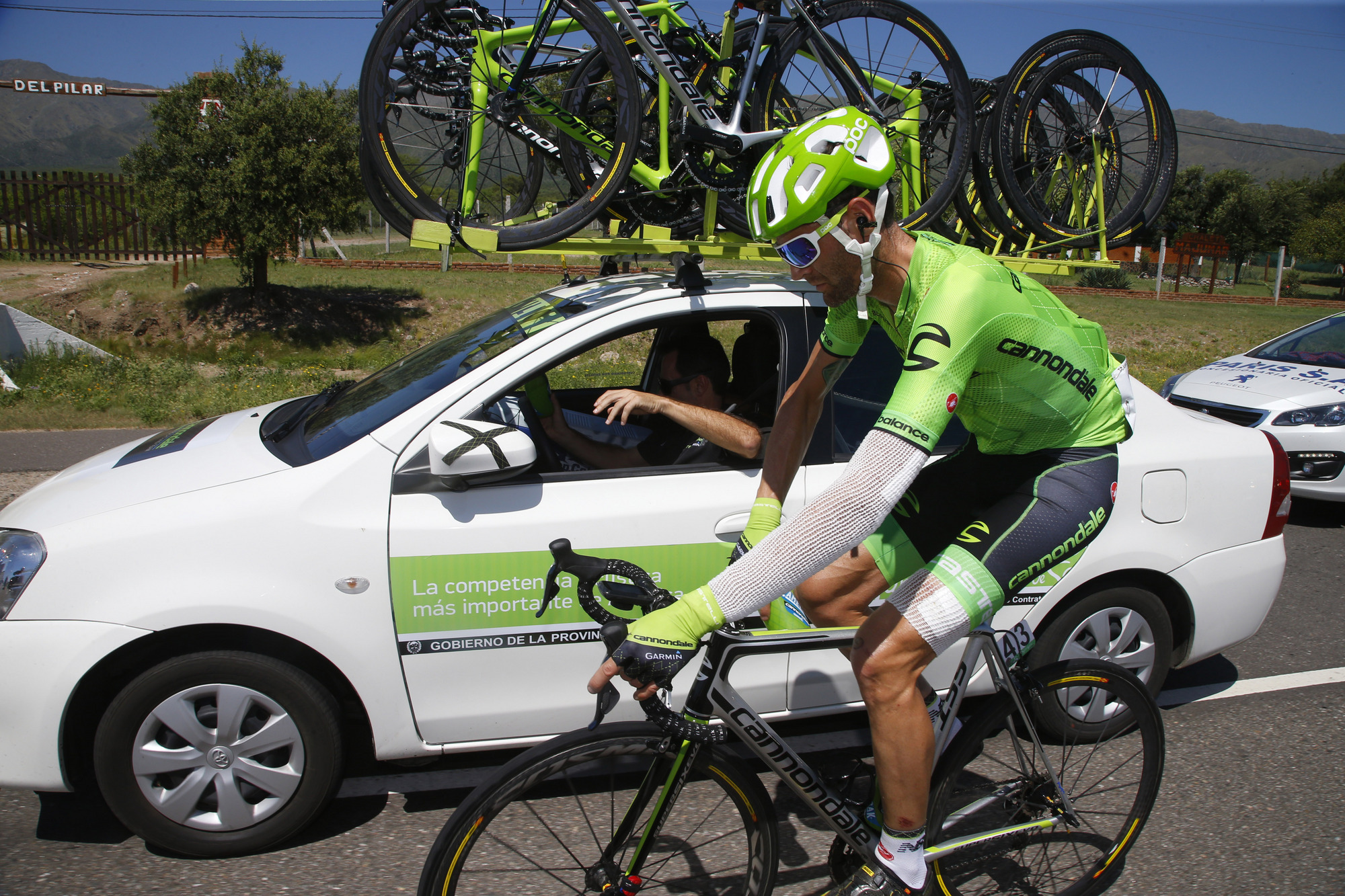
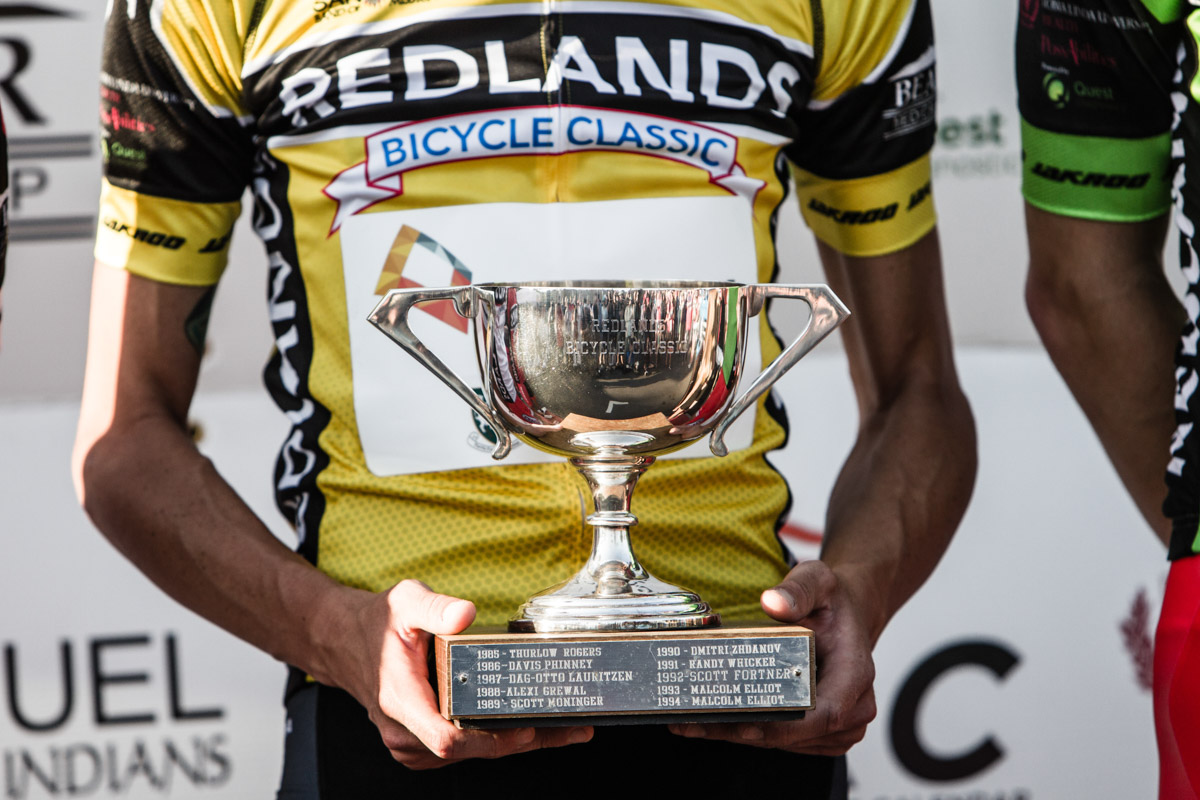
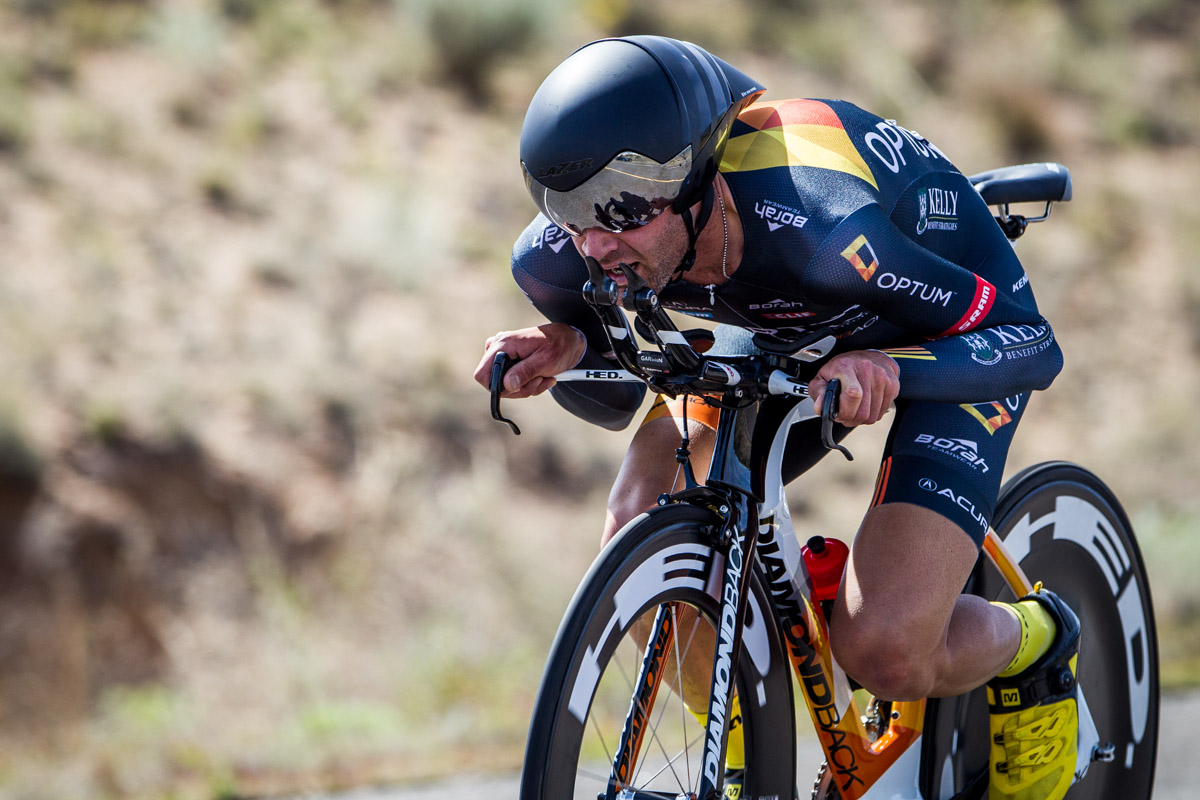
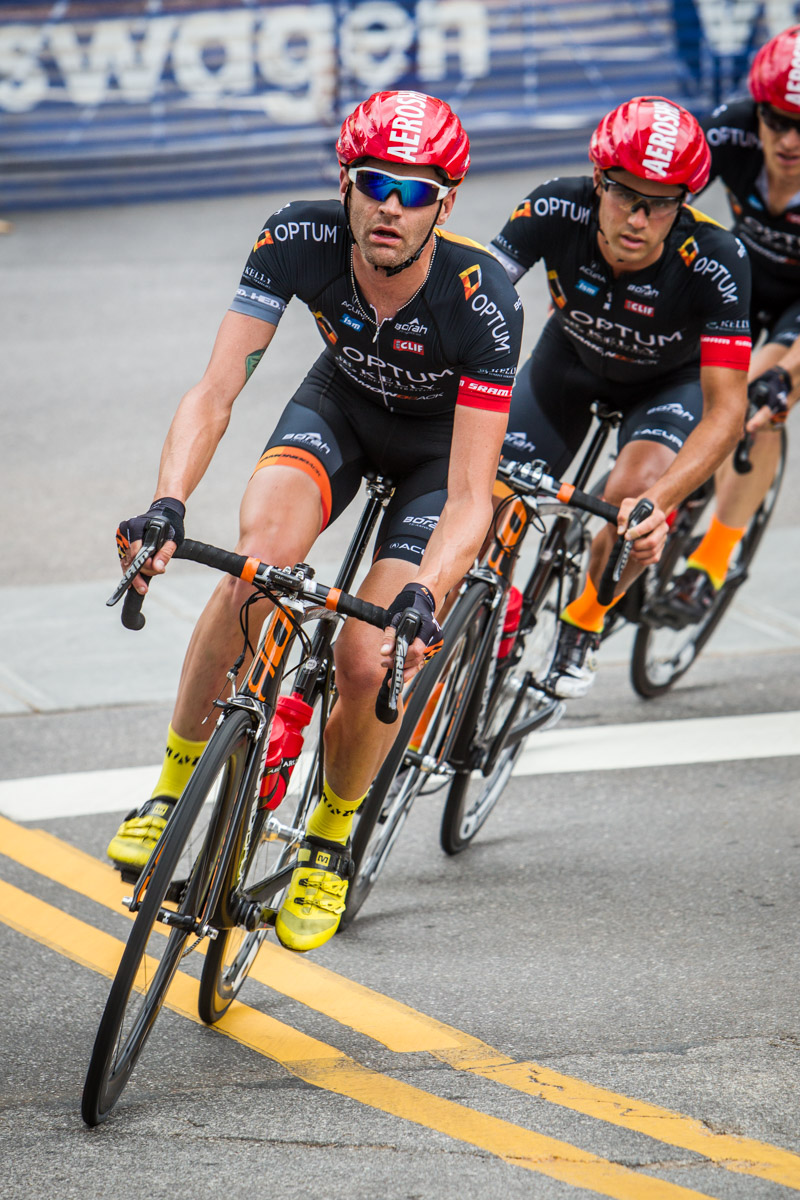
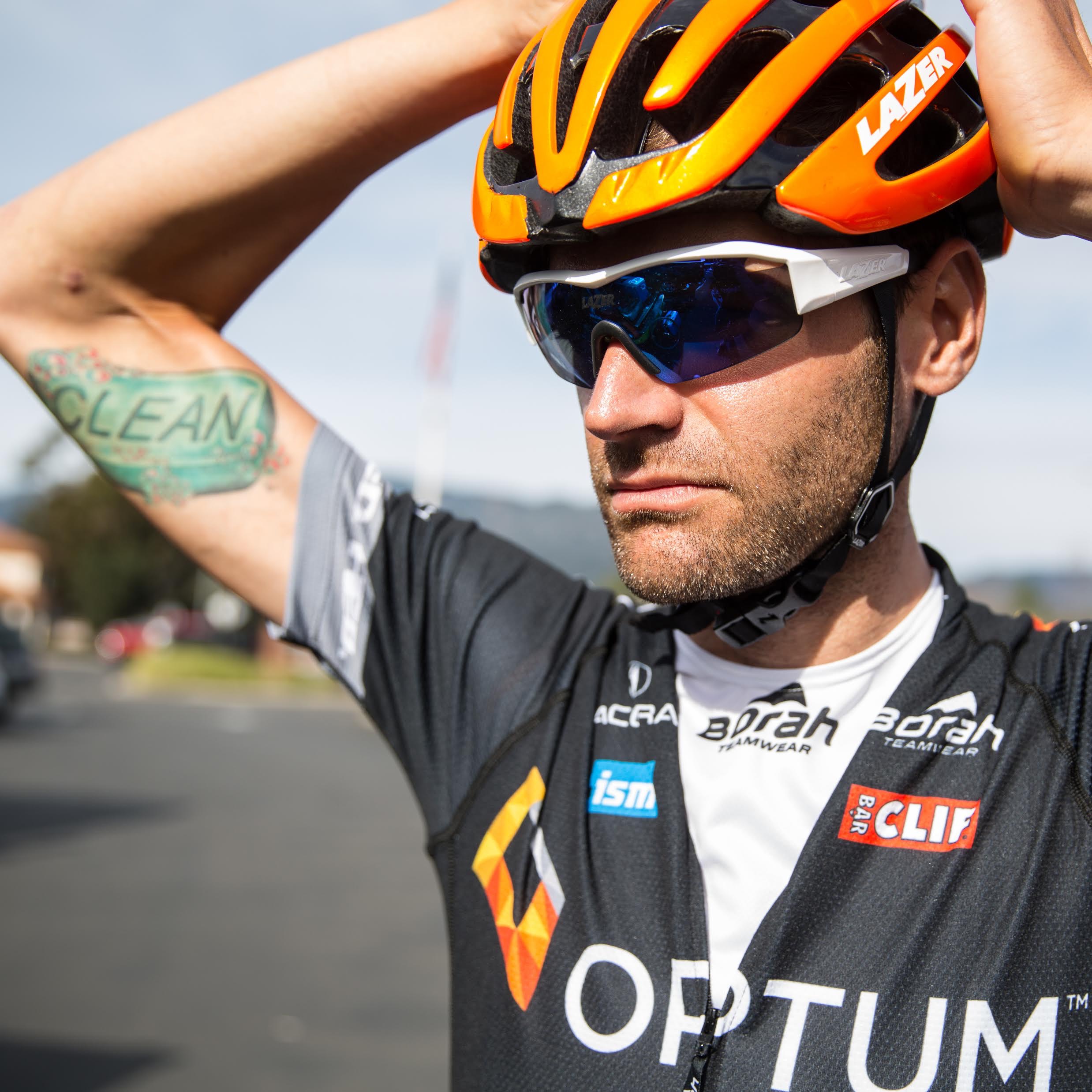
My bruised elbows ache on the armrest at the airport in San Luis, and my palms sting where they contact the hot metal of my aging MacBook Air. But I’ll keep typing, because like all artists, I suffer for my work. Also, our flight doesn’t leave for hours and I’m bored as hell.
Phil Gaimon: What does it mean to be a clean bike rider?
Phil Gaimon on the drama between WorldTour vs. Continental teams
Phil Gaimon: We are not robots
Tour de San Luis: Gaimon more relaxed the second time around on the WorldTour
Malori in induced coma after Tour de San Luis crash
Malori showing signs of improvement after Tour de San Luis crash
The team doctor said he brought “a Grand Tour’s worth” of gauze to Argentina, but he ran out after a few days of covering my road rash from a crash in stage 2. Mine wasn’t a massive pileup, but I wasn’t alone with the stretch-netting/bandaged look by the end of the stage race, and on Cannondale, everyone touched the ground at least once.
Last fall, I wrote for Cyclingnews about WorldTour and Continental riders butting heads, but my experience last week taught me that the issue goes deeper than that (deeper, and more bruised). BMC’s manager Jim Ochowicz has called for a reduction of field size by eliminating Pro Continental teams in WorldTour races. His comments were brushed off by those teams, whose riders have many years of experience and are capable of results at big races, but you can’t deny the validity of smaller fields meaning fewer crashes: if you want to win the race, you have to be at the front on the critical sections, and there’s only so much room.
In San Luis, you couldn’t help but notice a real disparity, where WorldTour squads with guys like Sagan, Quintana, and Nibali rubbed elbows with a handful of Continental teams and national teams from central and South America.
I’ve only been back in the WorldTour for a few weeks, and I’ve already mentioned that I’M COVERED IN ROAD RASH, so I’m the last guy to talk shit about Continental teams. My first race as a (Continental) pro was the Tour of California the year that Lance Armstrong made his comeback, which I compared to taking the driver’s exam in the Batmobile. I wasn’t ready to race with the best in the world then, and I remember being nervous that I might hurt someone I looked up to. Or Lance.
The Conti teams in San Luis were at a high level - more likely to hit the podium than the ground - and the worst crash of the week was caused by a WorldTour rider. However, a few of the national team guys did seem unprepared and uncomfortable at this level of racing, sitting ten feet off the back of the group, or riding bikes with old parts, skipping gears, or worn tires.
I can’t count the number of times that we’d be on a straight highway in a big pack, and suddenly we’re slamming our brakes because someone bumped someone, and one guy careens off the road trying to keep it upright.
The latest race content, interviews, features, reviews and expert buying guides, direct to your inbox!
I realized that this was a smaller-scale version of what Ochowicz was talking about. Maybe the smaller teams at the Tour de France represent the same type of risk as those at San Luis, just like you might have to avoid the new guy on the Wal-Mart bike at your local club ride.
Crashes will happen, but it does seem a little excessive at times, and the sport has a responsibility and an interest in keeping its riders safe, especially those like Sagan, Quintana, Nibali, and Gaimon, who represent cycling to the masses (fine, just those first three).
Should the smaller teams be left out? Despite my soreness, I think we should welcome the new guys to the Tour de San Luis, the smaller teams to the Tour de France, and the Wal-Mart-bike guy to the club ride. If they cause a crash, we’ll be angry, but it’s a necessary and worthwhile risk: a growing pain in a sport with bigger problems. If we reduce the fields at Grand Tours to prevent crashes, it would deny an opportunity for development, and diminish the value of existing sponsors, who need their logos in those events to see a good return.
I needed the education of getting my butt kicked at the 2009 Tour of California, and if my Continental teams were denied the invitation, we wouldn’t have kept our sponsorships, and I’d have a real job right now. True, my hands and elbows wouldn’t be in such bad shape, but the sport and my soul would suffer.
